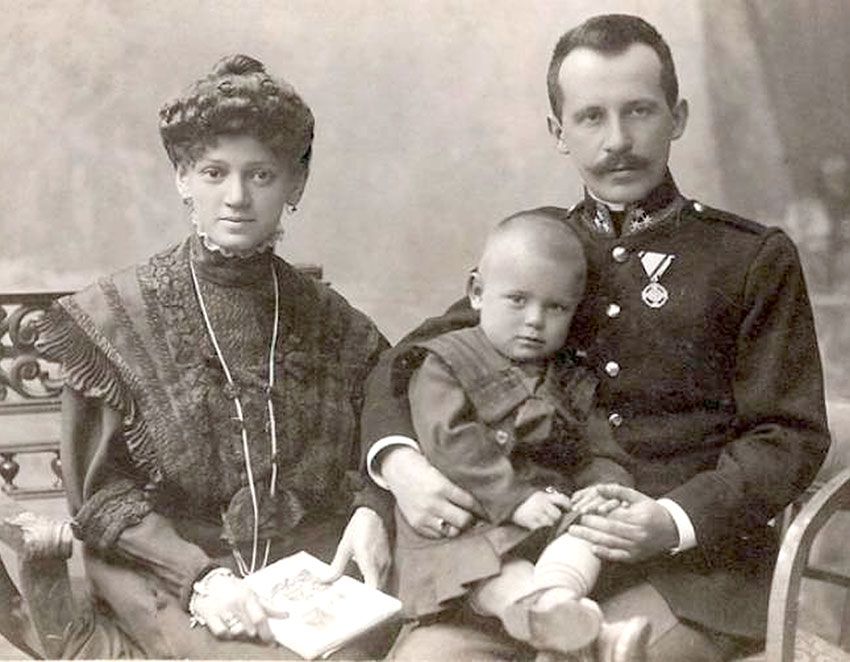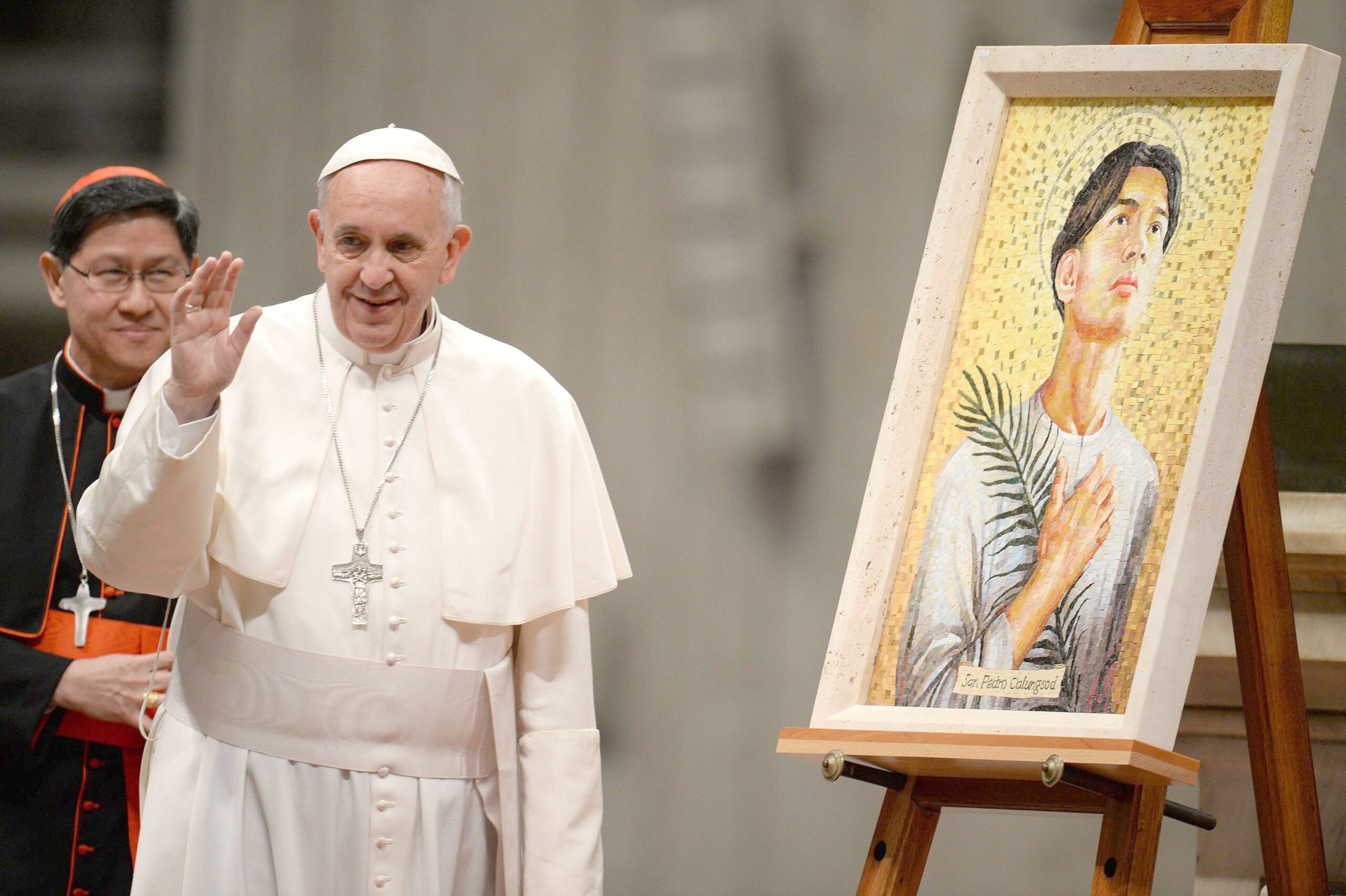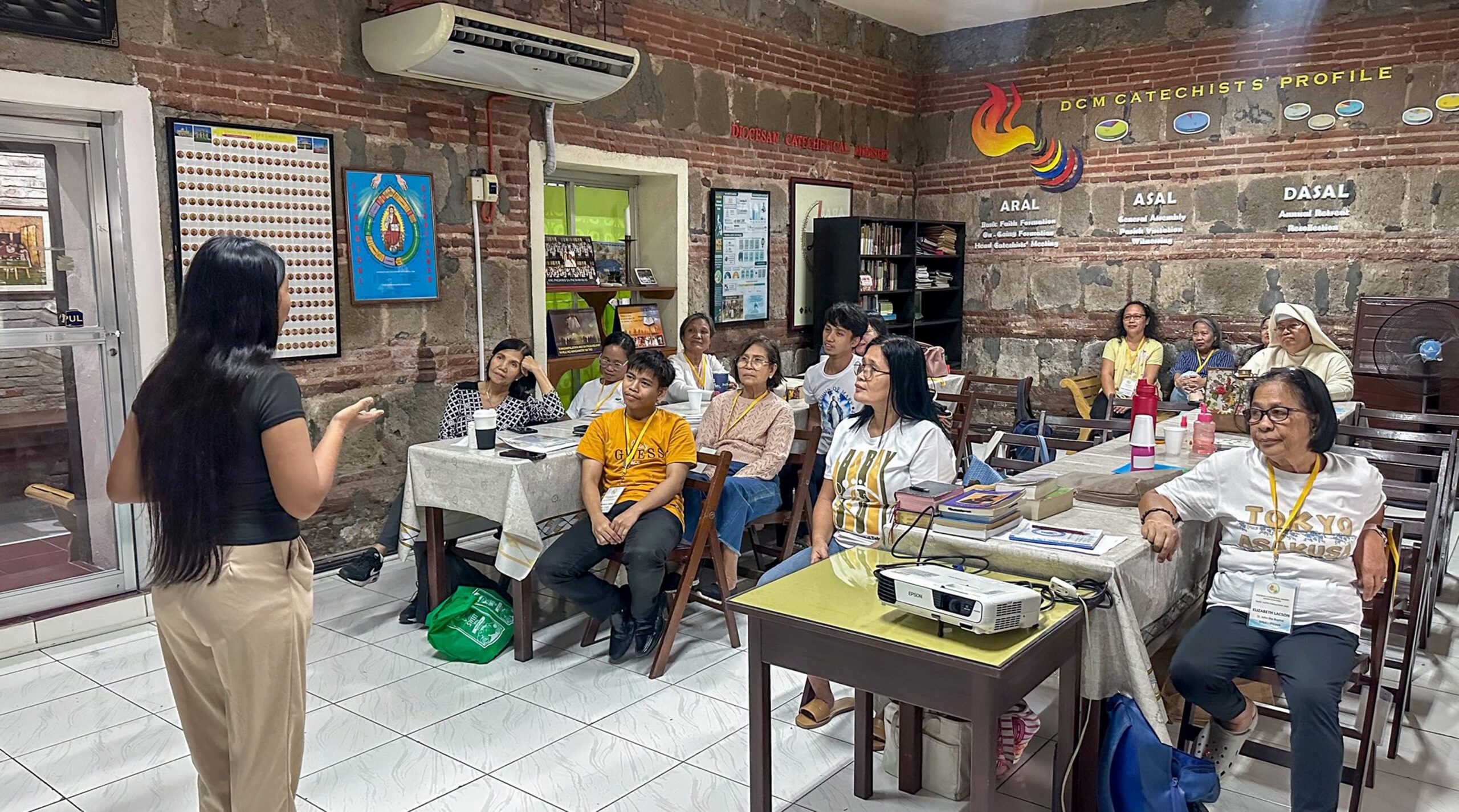In June of this year, from the Basilica of St. Paul-Outside-the-Walls in Rome, Pope Benedict XVI announced his intention to establish a new pontifical council. That council is to focus on the “progressive secularization” of once predominantly Christian cultures and territories. In his speech, in which the new council was announced, Pope Benedict indicated two important themes that are of special concern to those unwilling to automatically conform to the rhetoric of “culture war” or to the “clash of civilizations,” both of which are well-used means clearly implicit in any simplistic division of the world into ‘us’ and ‘them.’ The themes that were inadvertently addressed were that of “powerlessness” and of “desert.” In this short blogpiece, I’d like to explore some of the ramifications of these unintended allusions, and also add a third: that of the ‘stranger,’ a figure so deeply imbedded within our history of spirituality and so deeply challenging to this latest twist of the failed “new evangelization.”
Pope Benedict remarked that, in the face of so many historical, social, political and (especially) spiritual changes, all of which overwhelm our human capacities, “it seems sometimes we pastors of the Church (are) reliving the experience of the Apostles, when thousands of needy people followed Jesus, and He asked: What can we do for all these people? They then experienced their powerlessness.” It is worth pausing to listen deeply to the nuances that are swirling under this one sentence, and the content of the speech generally, because here is revealed a primary matter of concern: that of power. For a while now the rhetoric of a siege mentality has dominated the evangelical content of neo-orthodox mission. The declared ‘culture wars’ of the 1980’s have continued unabated within the Church, despite having reached their apotheosis outside of Church circles in the slaughter of the “clash of civilizations.” In harmony with the deeply destructive range of narratives manufactured within a “culture war,” enemies are identified, ever more pure criteria of purity and legalism are enforced, and Gospel and Tradition become malevolently transformed into the weapons by which cruelty is given legitimacy.
In such an atmosphere of manufactured menace and threat, we are led to forget that our faith is based upon the very thing that many now so fear: powerlessness. Our faith is not based upon a triumphant messianic warrior, or upon ritual righteousness and privilege. Our faith is built upon the self-emptying of God, a scandal and a blasphemy to religious respectabilities and self-sufficiencies of the first century. Just as once the small imaginations of humanity created an elaborate divide between matter and spirit, time and eternity, holy and profane, now, it is between ‘Church’ and secular. We live as if Christ has not already healed that breach, as if the Kingdom is not already ahead of us, independent of us, leaven-like and, as the mustard seed, beyond the confines of the Church. The Incarnation itself is the holy ‘yes-saying’ that we, too, narrowly and presumptuously define as alien to God, contradicting our efforts. It is not our place to be creating new categories of ‘Gentiles’ and to once again exclude people. There is no Church-secular divide in the Incarnation.
Powerlessness should not be feared, as it is the very reason for being of faith. Power erases faith. The satisfaction and insularity of power creates the illusion of self-sufficiency, and it is this that we then worship: the cold and hollow certainties of power.
Pope Benedict went on in the same speech: “… in the deserts of the secularized world, the soul of man is thirsty for God, for the living God.” In the deserts of the secularized world, could a human being again become aware of his need for God? The secular as desert is a potentially-rich means by which we understand our contemporary experience of God. The desert has long been regarded as that space into which we are led or into which we enter to be stripped of our illusions and our comforts. It is not just a place; it is a space, a state of mind. We do not enter the desert if we take with us minds full of pantheons of little deities. Do we seriously think that God is to be found solely within the confines of paradigmatic comfort? We see here that desert is not a place of romance or of sentiment. This is no place for rouged and swooning saints. They will soon perish in the dry heat. Nor is this a place for the phalanx’s and armor of power; wind and sand will block any advance. Rather, the desert is the space of silence, and of silencing, and in such a space, one not of our choosing, we in trust submit to God’s rendering of us. Yes, Benedict is right to say that, in such a space, the soul will cry out for God, but this may have been the first time that such a soul has cried out for God, rather than being lulled into an infantile embrace of placebo and artifice. How can our souls cry out to God if they have never been tested, forever restricted within the rigidities that others place around us?
Finally, I want to suggest a third means by which the so-called secular can be appreciated rather than constructed as a necessary enemy. I want to suggest that the secular be strange; the secular is the stranger and/or the outsider. Such a stranger can be responded to with hostility, perceived as threat. But let’s stop the reflex of self-interest. Let’s ask what is it that we regard as under threat? This takes courage, this takes faith, and it is a question that we probably cannot face if asked within our space of suffocating comfort. It is a question of the desert, and the stranger can only come to us in such a questioning way if we are already in the desert, if we consent to being seen by the eyes of the other, to be seen anew, beyond our control. This is liberation, a newly-seen liberation that offers a new beginning.
*Mark Johnson teaches in the Department of Studies in Religion at the University of Sydney, where he is a PhD candidate.













